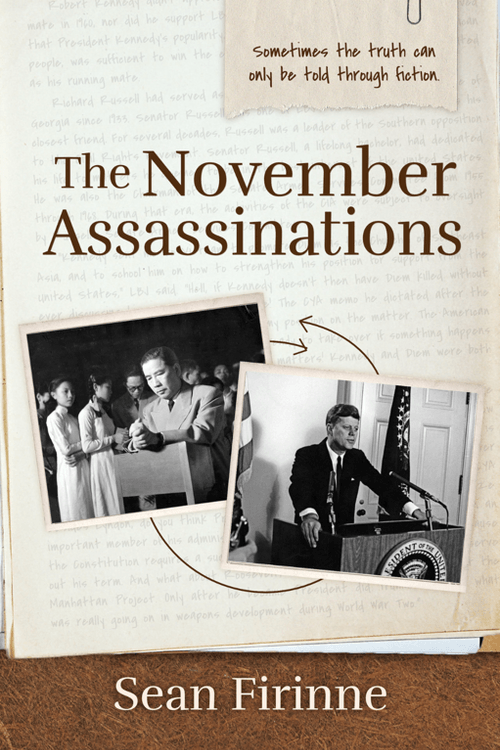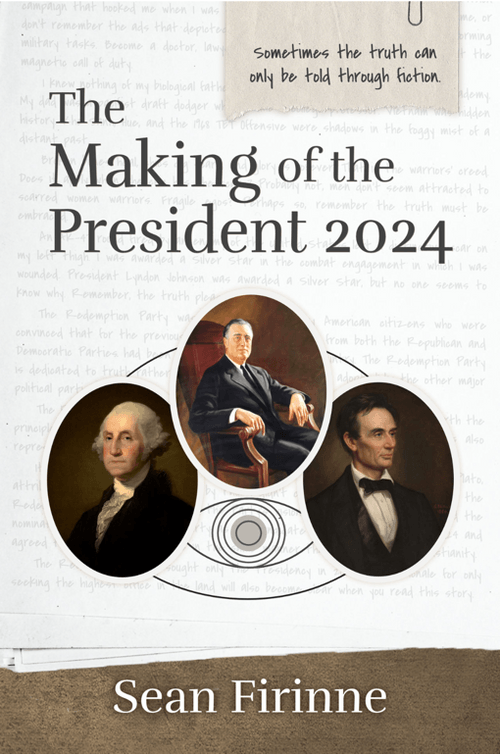Reviving the Past: The Role of Virtual Reality in Archaeology
- Sean Firinne
- Jul 18, 2024
- 2 min read
In the realm of archaeology, technology is opening new dimensions for exploration and understanding. Virtual Reality (VR) has emerged as a transformative tool, offering archaeologists and enthusiasts alike unprecedented access to ancient worlds and artifacts. In this blog post, we delve into the burgeoning field of VR archaeology, exploring its applications, impacts, and potential for reshaping how we interact with the past.
Virtual Reality allows archaeologists to digitally recreate ancient sites, reconstructing structures, landscapes, and artifacts with astonishing detail and accuracy. This immersive experience not only enhances our understanding of archaeological finds but also offers new perspectives on how ancient civilizations lived, worked, and interacted.
One of the most significant benefits of VR in archaeology is its ability to preserve fragile artifacts and sites. By creating virtual replicas, researchers can study and share discoveries without risking damage to the originals. This preservation aspect is crucial for safeguarding cultural heritage and ensuring future generations can access and learn from these invaluable resources.
Moreover, VR allows broader public engagement with archaeology by offering interactive experiences that transcend traditional museum exhibits or academic papers. Through VR simulations, people can explore ancient ruins, participate in virtual excavations, and gain a deeper appreciation for the complexities of archaeological research.
The ethical implications of VR in archaeology are also worth exploring. As technology advances, questions arise about authenticity, interpretation biases, and the potential for misrepresentation. Balancing technological innovation with ethical responsibility is essential to maintaining the integrity and accuracy of archaeological narratives.
Looking ahead, the future of VR in archaeology holds promise for even more groundbreaking discoveries and educational opportunities. From enhancing fieldwork to democratizing access to cultural heritage, VR continues to redefine how we study and experience the past.
Join us on a journey through the digital frontier of archaeology as we uncover how Virtual Reality is revolutionizing our understanding of ancient civilizations. Together, let us marvel at the possibilities of VR in preserving history and inspiring a new generation of archaeologists and historians.



